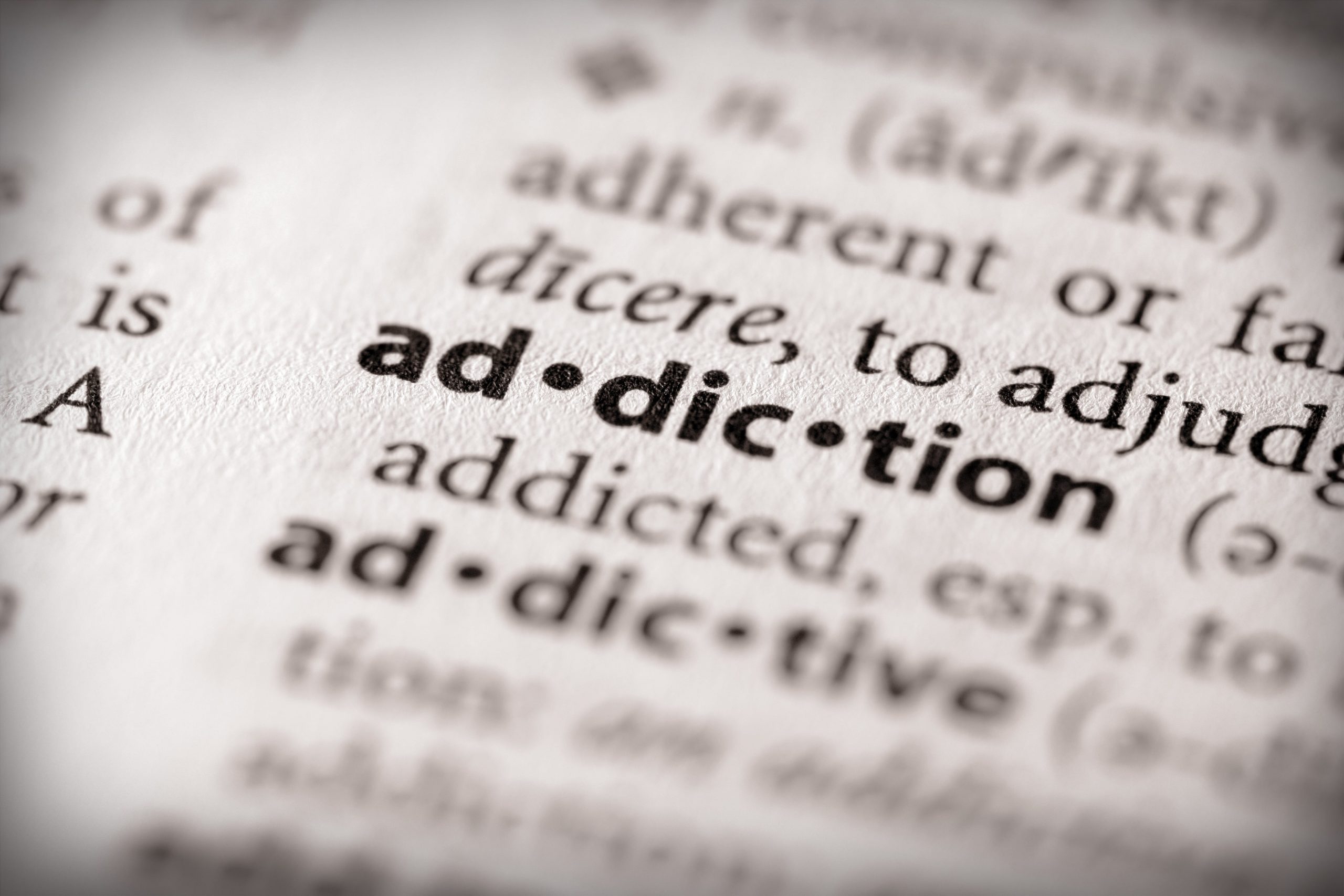Drugs such as Maprotiline (Ludiomil), a medication classified among medications called tetracyclic antidepressants, are pivotal in managing major depressive disorder and other related mental illnesses. These medications are used to enhance mood, reduce anxiety, and prevent suicidal tendencies among depressed patients. However, they also have their drawbacks, including the possibility of developing dependence and experiencing adverse effects. This article discusses the uses, dangers, and possible side effects of Ludiomil, precautions that may be taken to minimize risks, and ways to seek help to discontinue the drug.
Side Effects of Maprotiline (Ludiomil): What Patients Should Know

Ludiomil is chiefly employed to relieve mental depression and anxiety disorders by altering the levels of certain natural substances (neurotransmitters) in the brain to enhance mood. However, like any other drug, Ludiomil has certain side effects which may be associated with its use. Notable among these are fatigue, lightheadedness, dry mouth, eye problems such as blurred vision, constipation, and trouble passing urine. Adverse effects like weight gain, increased sensitivity, and decreased sexual drive are also possible and can necessitate the intervention of a healthcare professional.
To avoid these side effects, elderly patients and others should not stand up quickly from a lying or sitting position to avoid dizziness. Strategies to prevent constipation include taking plenty of fluids, increasing fiber intake in the diet, and regular exercise. To relieve dry mouth, one can suck on sugarless hard candy or chew gum, drink water, or use a saliva substitute.
Addiction Risk with Ludiomil
While Maprotiline (Ludiomil) is beneficial for many, it has the potential to become addictive if not taken as per the doctor’s prescription. Unlike opioids or benzodiazepines, addiction with antidepressants like Ludiomil is rare. However, abuse can lead to dependence, where the patient feels a compulsion to take the drug even when it is not required.
Young adults and pediatric patients are at a higher risk of developing worsening depression, unusual or other abnormal behaviors, and suicidal thoughts when taking antidepressants. Therefore, close monitoring by healthcare professionals is crucial, especially when the patient is initiating treatment or changing the dosage.
Withdrawal Symptoms of Ludiomil and Coping Strategies

Discontinuing the use of Ludiomil can precipitate a range of withdrawal symptoms, characterized by mood changes, headaches, and the resurgence of depressive symptoms. Particularly for elderly patients, the withdrawal process may manifest more pronounced symptoms such as increased sensitivity to physical discomforts and prescription pain medicine interactions. To manage these symptoms effectively, it is crucial to follow the medical advice provided by healthcare professionals closely. Gradual dose reduction under the supervision of a doctor is recommended to minimize the physical and psychological impacts of cessation.
In severe cases, if withdrawal symptoms become overwhelming or if symptoms such as severe dizziness or lightheadedness occur, it is imperative to consult a doctor immediately. This step is essential to ensure that the withdrawal process does not exacerbate any underlying conditions or lead to the misuse of prescription pain medicine as a self-treatment method. Healthcare providers might adjust the treatment plan or suggest supportive measures such as hydration, rest, and possibly the use of other less impactful medications to ease the symptoms.
Moreover, during the withdrawal phase, patients are advised to maintain a stable environment and avoid any drastic changes in their daily routines. Support from family members or caregivers is crucial in monitoring the health status of elderly patients undergoing withdrawal. They can assist in ensuring that the patient follows the dosing schedule accurately, attends follow-up appointments, and adheres to lifestyle recommendations that promote overall well-being during this challenging period.
Ludiomil and Alcohol: Interaction Risks
Combining Ludiomil with alcohol can significantly increase the risk of adverse effects and compromise the therapeutic efficacy of the medication. For patients, particularly the elderly or those with pre-existing conditions such as liver disease or blood vessel disease, the interaction between alcohol and Ludiomil can lead to exacerbated side effects such as heightened dizziness, severe drowsiness, and other CNS depressant effects. Alcohol consumption can alter the metabolism of Ludiomil, potentially leading to unpredictably high blood levels of the medication, which in turn increases the risk of severe side effects and toxicity.
The presence of alcohol in the system can also interfere with the drug’s ability to effectively manage symptoms of depression and anxiety. Alcohol is a central nervous system depressant and can counteract the benefits of Ludiomil, leading to a worsening of mental health symptoms, including increased depression and anxiety. This interaction not only diminishes the effectiveness of Ludiomil but may also prolong the treatment period or necessitate higher doses of the medication, which could further complicate the patient’s condition and lead to additional adverse effects.
Detox Guide for Ludiomil Users
The process of detoxifying from Ludiomil must be handled with great care, especially considering the serious implications of abrupt cessation without medical oversight. For elderly patients, who may be more susceptible to the harsher withdrawal effects due to potential interactions with other prescription pain medicines they might be taking, a structured and gradual tapering is critical. This method helps mitigate the severe withdrawal symptoms that can arise and provides a safer, more controlled path towards cessation. The oversight of a healthcare professional is indispensable during this period, ensuring that the detox protocol is tailored to the patient’s specific health profile and treatment needs.
During the detox process, monitoring by medical staff is essential, particularly if the patient experiences severe symptoms that might require the immediate attention of a doctor. Symptoms such as intense depression or physical symptoms that significantly impair daily functioning should be addressed promptly to prevent complications. In these cases, adjunct treatments, including hydration therapy and nutritional support, may be necessary to manage the symptoms effectively. Moreover, adjustments to other medications the patient might be taking, including tricyclic antidepressants, can be crucial to avoid harmful drug interactions and to stabilize the patient’s overall condition.
Finally, a comprehensive detox plan not only focuses on the physical aspects of withdrawal but also addresses the psychological impact of discontinuing a drug like Ludiomil. Supportive counseling, group therapy sessions, and possibly the involvement in community support groups are beneficial for managing the emotional and mental challenges during detox. These resources can provide valuable encouragement and practical advice to help patients navigate the complexities of recovery. It’s also important for caregivers and family members to be involved and supportive, creating a nurturing environment that can significantly enhance the efficacy of the detoxification process.
Effective Treatment for Ludiomil Dependence

Treatment for Ludiomil dependence is available in the form of comprehensive treatment programs. These typically include medical detoxification, psychotherapy, and aftercare management. Cognitive Behavioral Therapy (CBT) is a common treatment approach that helps identify the root causes of addiction and teaches patients new ways to manage stress.
Here at United Recovery Project, we provide comprehensive and specialized care for patients struggling with Ludiomil addiction. Our services include drug detoxification, partial hospitalization, intensive outpatient programs, sober living, and alumni programs. During your stay, a team of specialists will ensure you receive the best support as you recover.
Conclusion
When used appropriately, Maprotiline (Ludiomil) can be immensely beneficial in the management of depression and anxiety. Nevertheless, it is crucial to be aware of its potential side effects, the danger of addiction, and the need to adhere to the recommended dosage. Patients must communicate their concerns to their physicians and strictly follow the doctors’ instructions to avoid adverse outcomes. If you or a loved one is suffering from Ludiomil addiction, don’t hesitate to contact United Recovery Project at 888-960-5121 to get the help you need.


